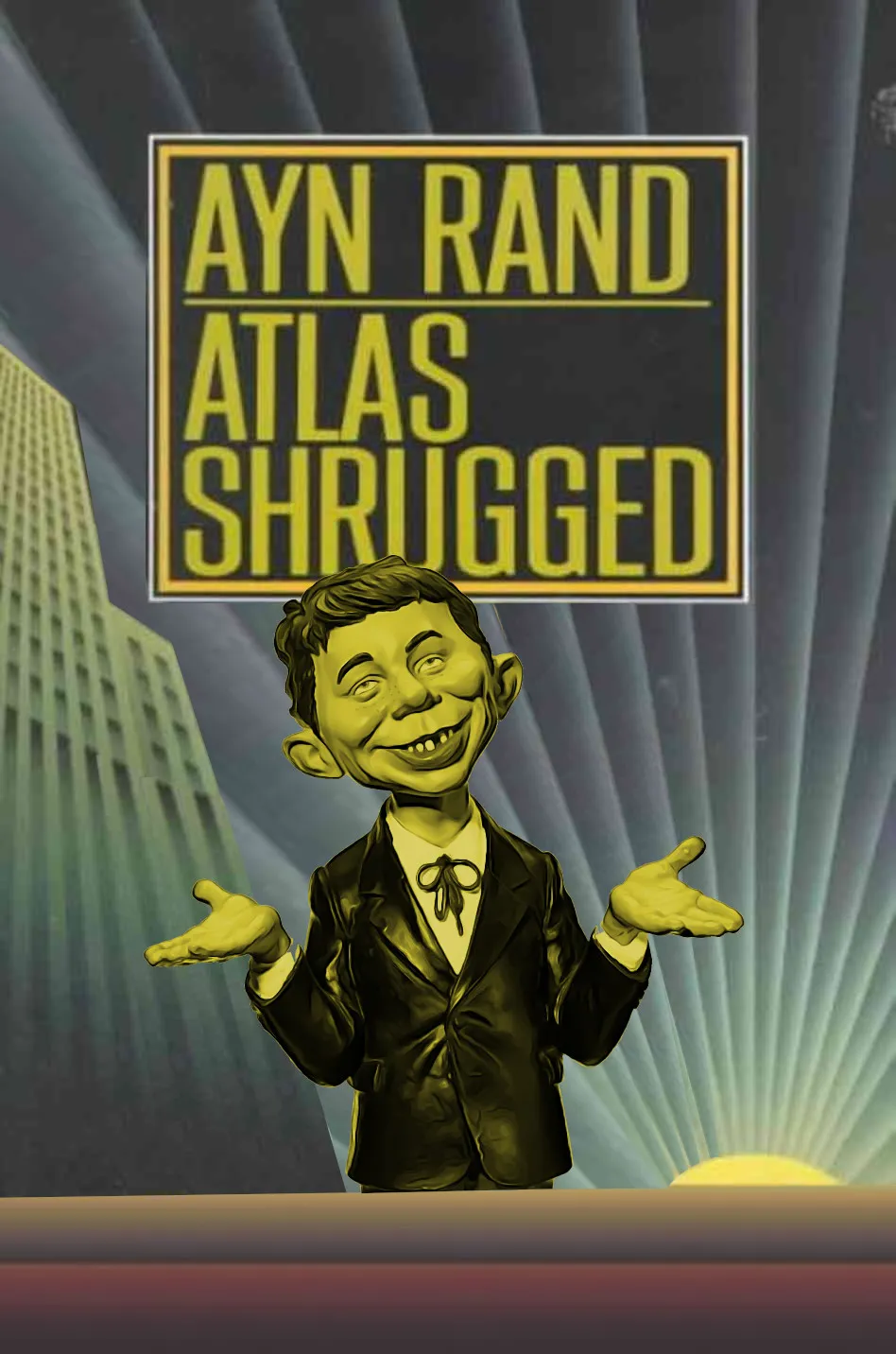
At last, a new Econ 101 textbook
November 24, 2022
Originally published at pluralistic.net
Cory Doctorow
Neoclassical economics is a hell of a drug. It has no theory of prices, no account of inflation, and its models all presume the existence of a perfectly rational “homo economicus” who is a “utility maximizer” with perfect information.
Even the Queen is wise to the scam, grilling Bank of England economists over their profession’s failure to spot the Great Financial Crisis:
https://www.theguardian.com/uk/2012/dec/13/queen-financial-crisis-question
The profession is wild. It’s full of hired guns who use complex models to “prove” obvious nonsense, like the idea that allowing the meat-packing industry to dwindle to four firms who destroy ranchers’ livelihood while jacking up prices is “efficient.”
https://mattstoller.substack.com/p/economists-to-cattle-ranchers-stop/
Economists’ greatest trick was to subordinate politics to their abstract, disconnect, esoteric “models” – neat collections of equations that, time and again, lead us into global crises that immiserate billions.
Anyone who suggests that this is not a great way to run a society is shouted down by a chorus of politicians who insist that doing good things for people is a fool’s errand, because it contradicts the “science” of economics.
How is it possible that a coterie of self-appointed court sorcerers to the world’s governments manage to keep their jobs despite being regularly, predictably, and catastrophically wrong?
Much of the blame can be laid at the feet of the standard economics education, the Econ 101 courses that every member of the professional and managerial class has to pass, irrespective of what major they’re enrolled in.
These courses are taught from standard texts, like “Principles of Economics” (“markets are usually a good way to organize economic activity”), “Macroeconomics” (“markets move toward equilibrium”).
Overall, the message of these texts is “the economy is about interactions in competitive markets (a positive statement) that function pretty well (a normative one) and in which governments ought not to meddle.”
The fact that these texts have been widely adopted gives them a huge advantage, and their publishers have maximized that advantage by hiking prices, so these books now sell for $150-200. And that may be their downfall.
Samuel Bowles and Wendy Carlin have produced an free, open access alternative to the standard Econ texts. It’s called “The Economy.” It’s great. It’s free. Its mission? “Teach economics as if the last thirty years had happened.”
https://www.core-econ.org/the-economy/?lang=en
As Nick Romeo writes at The New Yorker, Bowles and Carlin’s text is the anchor in a new initiative called CORE: Curriculum Open-Access Resources in Economics, and it’s spreading: half of UK universities are using “The Economy” in at least one course.
https://www.newyorker.com/culture/annals-of-inquiry/is-it-time-for-a-new-economics-curriculum
68 US universities and colleges have adopted “The Economy” – and it’s not hard to see why. An Arkansas State University prof says that adopting CORE saves his students $100k/year.
As the economists like to say, “Money talks, bullshit walks.”
Teaching from a standard text that acknowledges the obvious reality of the world has the potential to open up the economics profession’s pipeline to students beyond the narrow slice of people to whom “homo economicus” sounds reasonable.
Having an Econ 101 textbook that mentions concepts like “bargaining,” “the environment,” “globalism” and “democracy” shouldn’t be radical, but it is. Is it any wonder econ is dominated by such terrible people with terrible ideas?
We’re long past the point where our econ textbooks should contain sentences like “The economy is part of society, which is part of the biosphere” or “goods and services that are produced within the household, such as meals or childcare (predominantly provided by women).”
But “The Economy” is the only one that does!
Now, this won’t automatically fix our stupid economic consensus. It’s sailing into stiff headwinds, because economic orthodoxy produces billionaires, and they bat heavily for it.
Billionaires funded the creation of PragerU, a Youtube propaganda channel that offers bizarre, tortured defenses of inequality and labor abuses.
https://en.wikipedia.org/wiki/PragerU#Finances
A billionaire just bought Politico and announced that its journalists would have to take a loyalty oath, promising to promote “a free-market economy,” and if they disagree, they shouldn’t work there.
But we have to start somewhere. Decades of patient capital have sidelined any account of political economy that suggests that markets don’t solve all our problems and therefore whatever world markets produce is the best possible world.
Unwashing those brains won’t be easy – but we’ve got something important on our side. We’re right, and they’re wrong, and the world is on fire because they’re wrong. That’s a pretty good convincer to have on your side.
